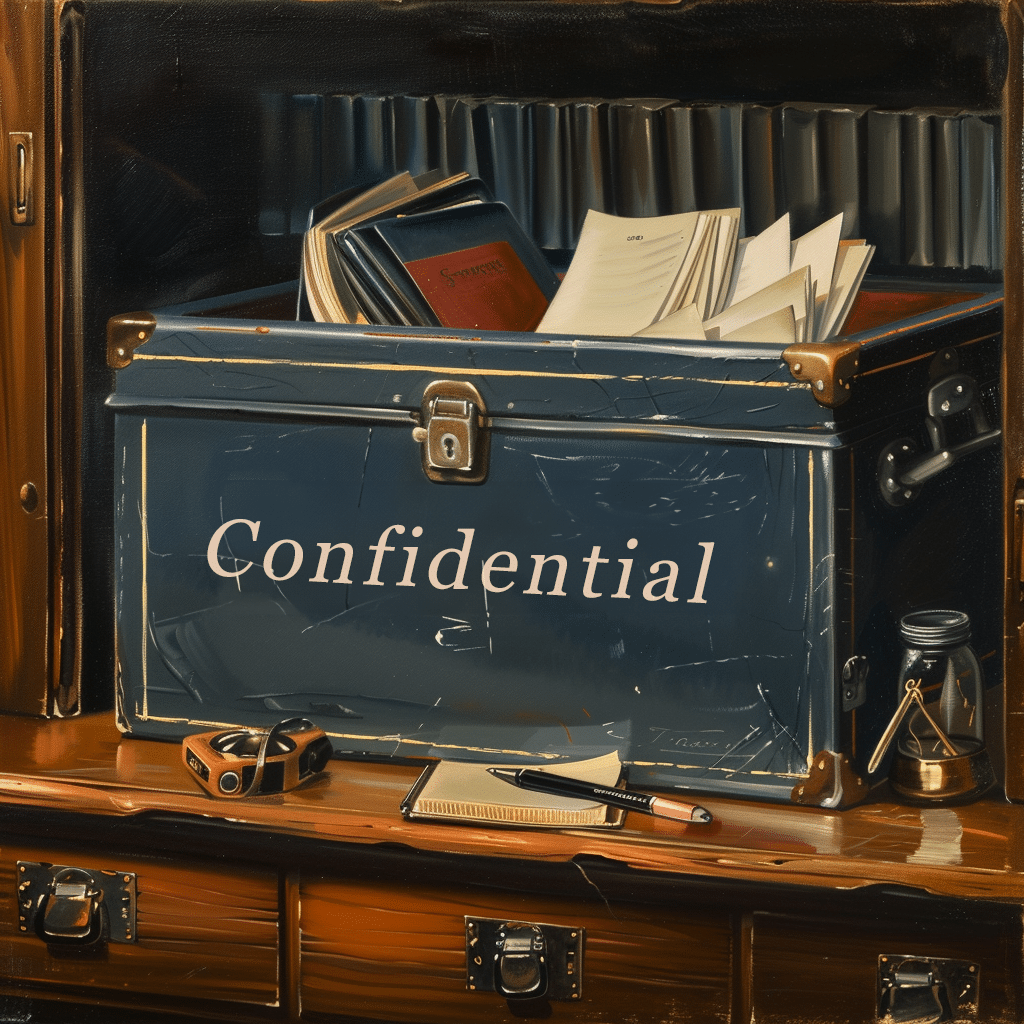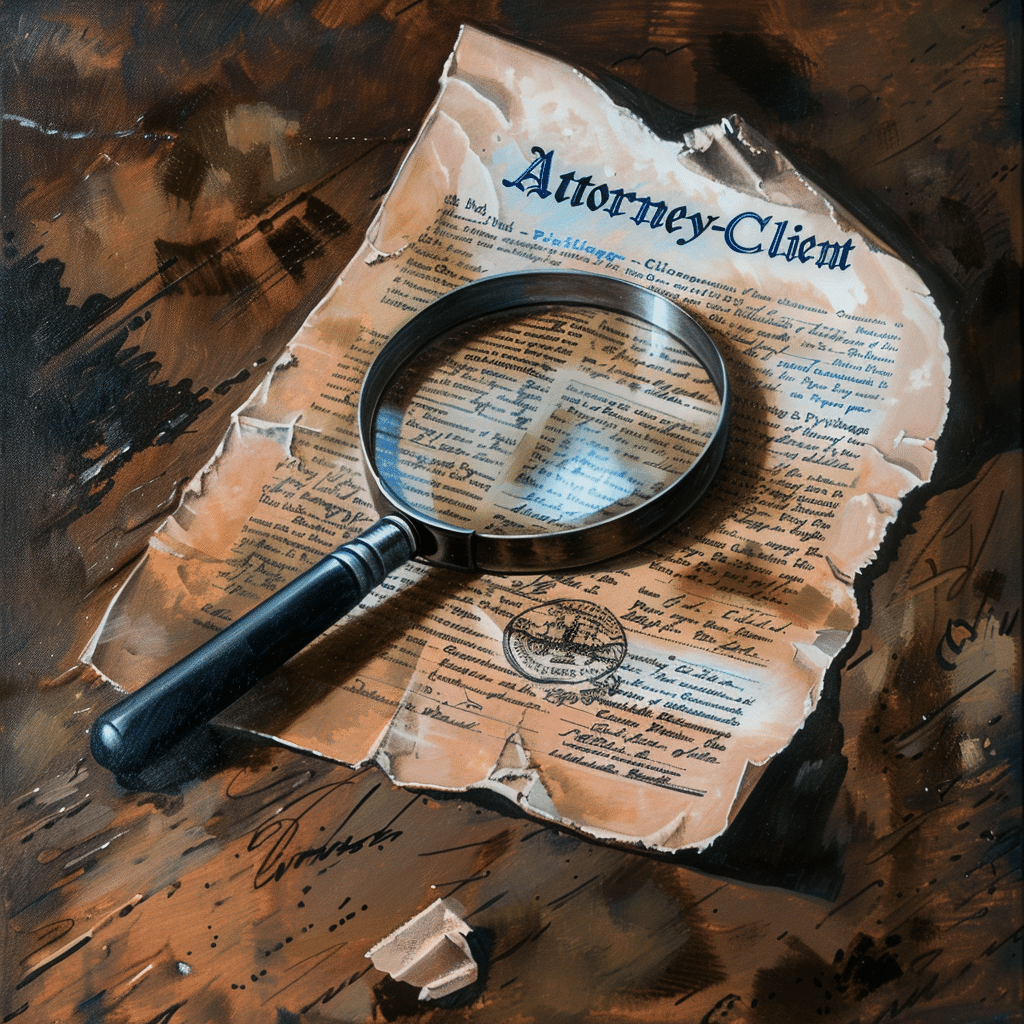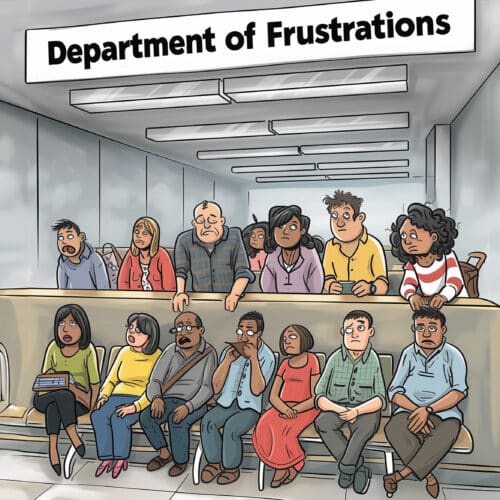“By failing to prepare, you are preparing to fail.” – Benjamin Franklin
Workplace complaints concerning unlawful discrimination, harassment, or a hostile work environment are a serious challenge for any employer, large or small. Concerns of this nature go to the core values of the company, threaten to negatively impact morale, and tend to test the employer’s commitment to an unbiased investigation.
In the United States, it is the responsibility of the employer to provide a safe and healthy work environment for its employees. When an employee reports an incident or pattern of potentially unlawful discrimination or harassment, the employer is obligated to investigate the matter and take necessary actions to remedy past violations, as well as prevent future ones.
 For small to mid-size employers without a strong and experienced Employee Relations team, and for any employer where the complaints raised involve high level executives or “heavy hitters” with a lot of power and influence, it is often best to hire an outside investigator. The company’s regular attorneys should not perform this function unless they are doing so to defend an existing administrative charge (such as with the EEOC) or court action. Investigations performed for purposes of legal compliance when a court or agency action has not yet been threatened or filed can make the investigating attorney a witness in future proceedings. The company’s lawyer cannot act as both a witness and a legal advocate if the internal complaint later turns into litigation. Instead, that lawyer will be disqualified from representing the company, and will end up on the witness stand.
For small to mid-size employers without a strong and experienced Employee Relations team, and for any employer where the complaints raised involve high level executives or “heavy hitters” with a lot of power and influence, it is often best to hire an outside investigator. The company’s regular attorneys should not perform this function unless they are doing so to defend an existing administrative charge (such as with the EEOC) or court action. Investigations performed for purposes of legal compliance when a court or agency action has not yet been threatened or filed can make the investigating attorney a witness in future proceedings. The company’s lawyer cannot act as both a witness and a legal advocate if the internal complaint later turns into litigation. Instead, that lawyer will be disqualified from representing the company, and will end up on the witness stand.
For this reason, while many employers first turn to their lawyers to perform legally required investigations, those lawyers in turn often refer them to independent investigators. Such investigators are typically lawyers or experienced human resources professionals. They do not represent the company and if called as witnesses to testify about what they found during the investigation, are neutral and unburdened by any conflicts of interest.
Create a culture of integrity and trust.
PointerWise can guide you through building a positive workplace environment.
 Even when an outside investigator who is not the company’s attorney or human resources advisor performs an investigation, the question arises whether the work of that investigator is, in whole or in part, subject to attorney-client privilege. This inquiry normally arises because the company’s in-house or outside counsel has referred the company to the outside investigator and may “oversee” the investigation. Such oversight consists of being kept informed about the progress of the investigator, coordinating document and information requests, and ultimately hearing the factual findings and conclusions of the investigator. Sometimes the company’s attorney also provides direction to the investigator and gives legal advice to the corporate client based on information learned from the investigator. This information may be entirely verbal or can be in the form of a written report or witness statements.
Even when an outside investigator who is not the company’s attorney or human resources advisor performs an investigation, the question arises whether the work of that investigator is, in whole or in part, subject to attorney-client privilege. This inquiry normally arises because the company’s in-house or outside counsel has referred the company to the outside investigator and may “oversee” the investigation. Such oversight consists of being kept informed about the progress of the investigator, coordinating document and information requests, and ultimately hearing the factual findings and conclusions of the investigator. Sometimes the company’s attorney also provides direction to the investigator and gives legal advice to the corporate client based on information learned from the investigator. This information may be entirely verbal or can be in the form of a written report or witness statements.
Whether any or all of an independent employment complaint investigator’s communications are subject to attorney-client privilege, and therefore not “discoverable” in the event of litigation, is a complex legal question that should never be answered in hindsight. Haphazard and after-the-fact characterizations are most likely to fail. A plan should be put in place from the beginning if privilege is a concern. And that plan should be based on sound legal advice that does not come from the investigator, even if that person is an attorney. To be neutral, the investigator must not be put in a position to advocate for the company in any manner.
 Attorney-client privilege is a legal principle that protects the confidentiality of communications between an attorney and their client. It is a fundamental right that allows clients to communicate with their attorneys openly and honestly without fear of disclosure. The attorney-client privilege applies to any communication made in the context of seeking legal advice or representation. This privilege is crucial to ensuring that clients can seek legal advice without any fear of retribution. So, does this privilege apply when an outside investigator is communicating sensitive and potentially damaging information to an employer? Here are 3 fundamentals to consider:
Attorney-client privilege is a legal principle that protects the confidentiality of communications between an attorney and their client. It is a fundamental right that allows clients to communicate with their attorneys openly and honestly without fear of disclosure. The attorney-client privilege applies to any communication made in the context of seeking legal advice or representation. This privilege is crucial to ensuring that clients can seek legal advice without any fear of retribution. So, does this privilege apply when an outside investigator is communicating sensitive and potentially damaging information to an employer? Here are 3 fundamentals to consider:
- The attorney-client privilege only applies to communications made between attorneys and their clients. In the case of a workplace investigation conducted by an independent investigator, any communications between the investigator and leadership or staff outside the presence of the company’s attorney will not be privileged. Reports sent to such non-attorney leadership and staff will also fail the privilege test. If that attorney is present during communications, or at least one of the recipients of a written report, the next factor becomes pertinent.
- The attorney-client privilege only protects communications made for the purpose of seeking legal advice or representation. If the communications between the investigator and the employer or the attorney do not pertain to seeking legal advice or representation, then the privilege may not apply. For instance, if the communications relate solely to factual information taken verbatim from witnesses interviewed or documents reviewed during the investigation, then such communications may not be protected by attorney-client privilege.
- The scope of the attorney-client privilege may vary depending on the jurisdiction. Some jurisdictions may recognize a broader scope of the privilege, while others may interpret it narrowly. Therefore, it is essential to consult with an attorney to understand the applicability of the attorney-client privilege in the particular context, and in advance of the relevant communications.
- Communications neither marked nor treated as privileged will not be protected by privilege. Ample legal precedent establishes that attorney-client privilege is not a function of a label stamped onto communications after the fact in an attempt to hide them from discovery when litigation occurs. Every communication and all relevant notes and reports that are intended to be privileged should be marked as such prior to communicating them. Thereafter, only the “need to know decisionmakers” who typically participate in receiving legal advice within a company for the purposes of making good decisions should receive the privileged communications. How such information is stored and whether it is secure and restricted from access by others is also an important question that will be asked in the event privilege is challenged.
 The bottom line is that no one should expect that reports and communications generated by an outside investigator will be subject to attorney-client privilege. The applicability of the privilege depends on several factors, such as whether the attorney was present during the relevant communication, the purpose of the communication, the jurisdiction, and whether the communication was treated as privileged at the time it was communicated and thereafter. Any employer interested in the question of privilege for investigations should consult with an experienced employment attorney to ensure that they understand the scope of the privilege and how that concern weighs against their legal obligations to conduct an unbiased investigation.
The bottom line is that no one should expect that reports and communications generated by an outside investigator will be subject to attorney-client privilege. The applicability of the privilege depends on several factors, such as whether the attorney was present during the relevant communication, the purpose of the communication, the jurisdiction, and whether the communication was treated as privileged at the time it was communicated and thereafter. Any employer interested in the question of privilege for investigations should consult with an experienced employment attorney to ensure that they understand the scope of the privilege and how that concern weighs against their legal obligations to conduct an unbiased investigation.
“Lawyers are just like physicians: what one says, the other contradicts.”
– Sholom Aleichem, Yiddish author and playwright.
Contact us for a consultation on creating a safer, more inclusive workplace.
Let’s build a better future together!






